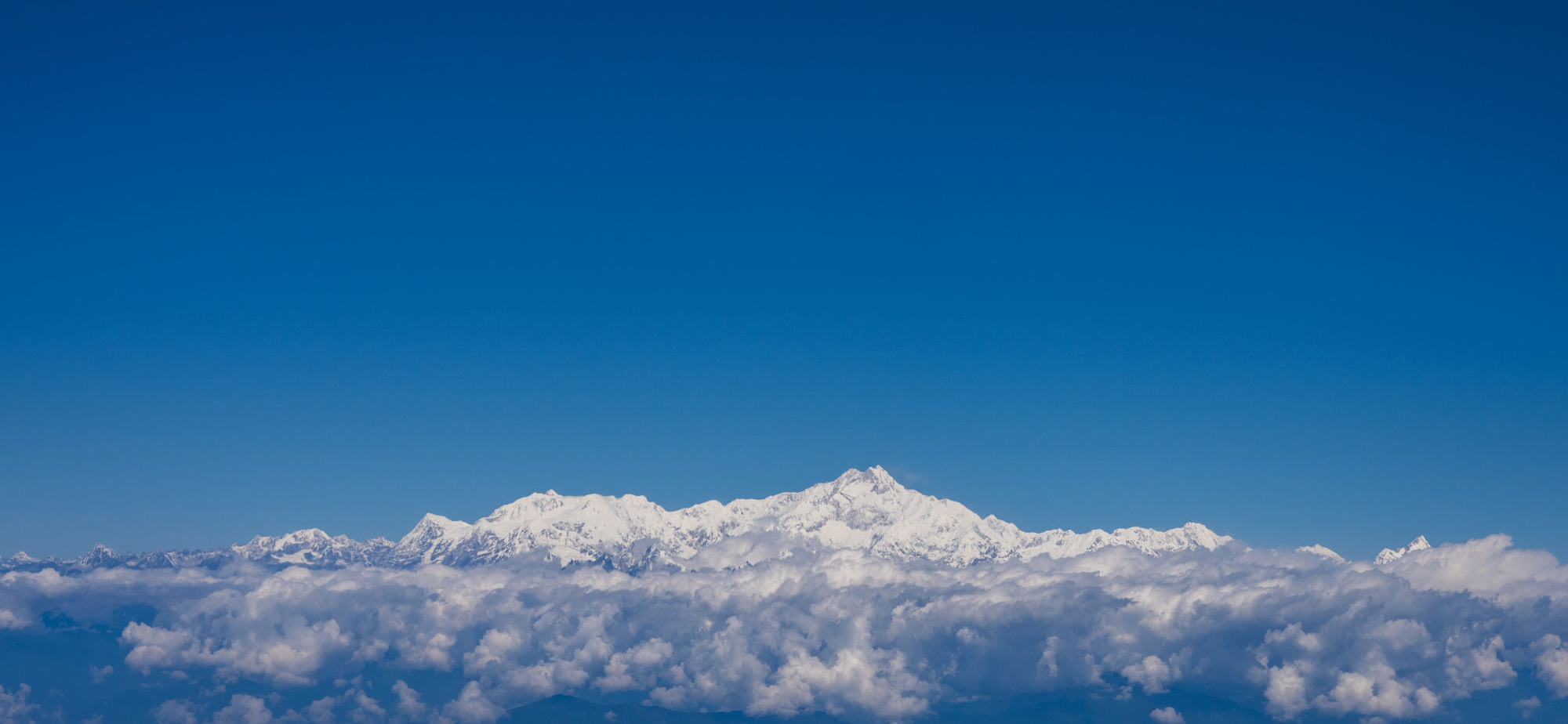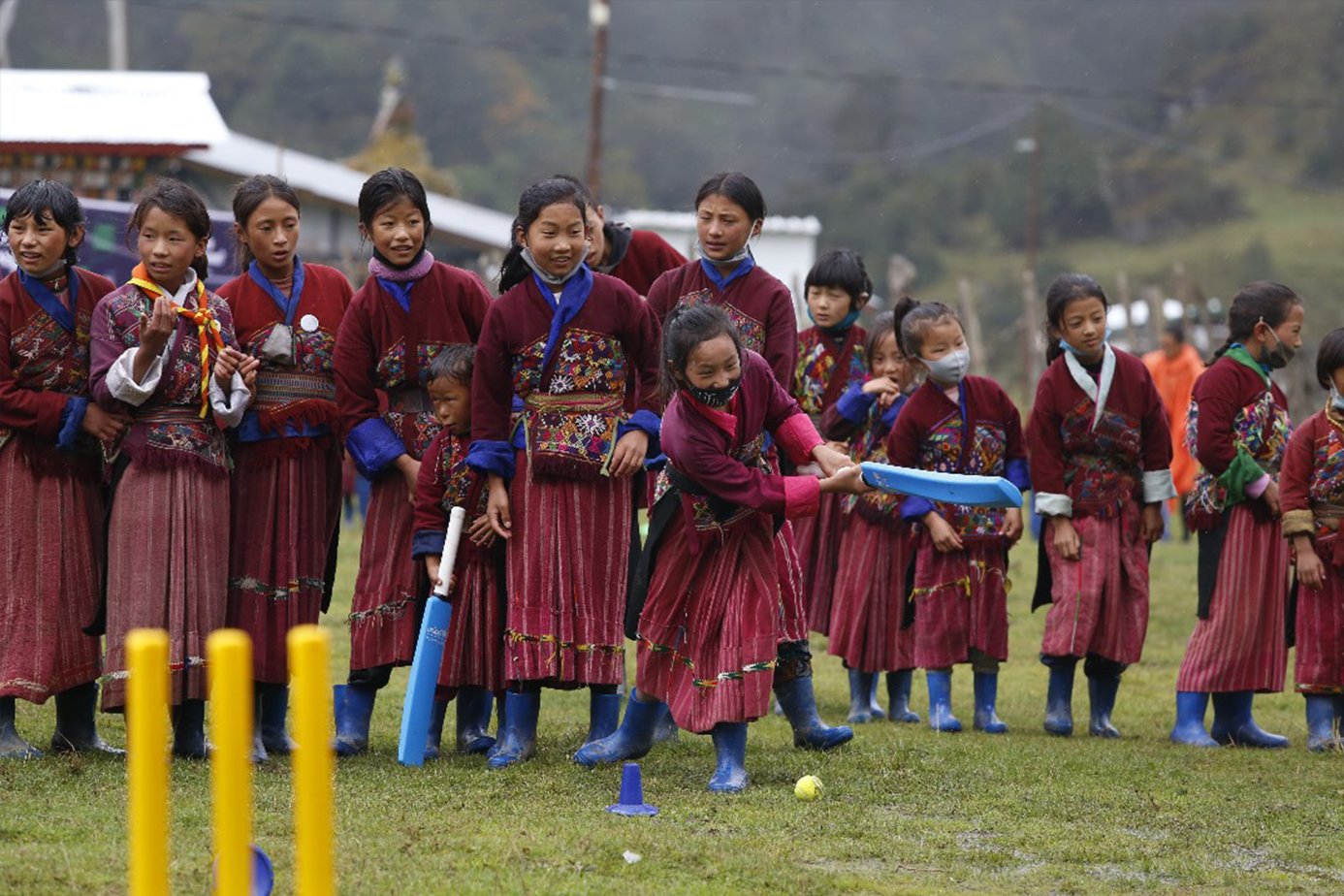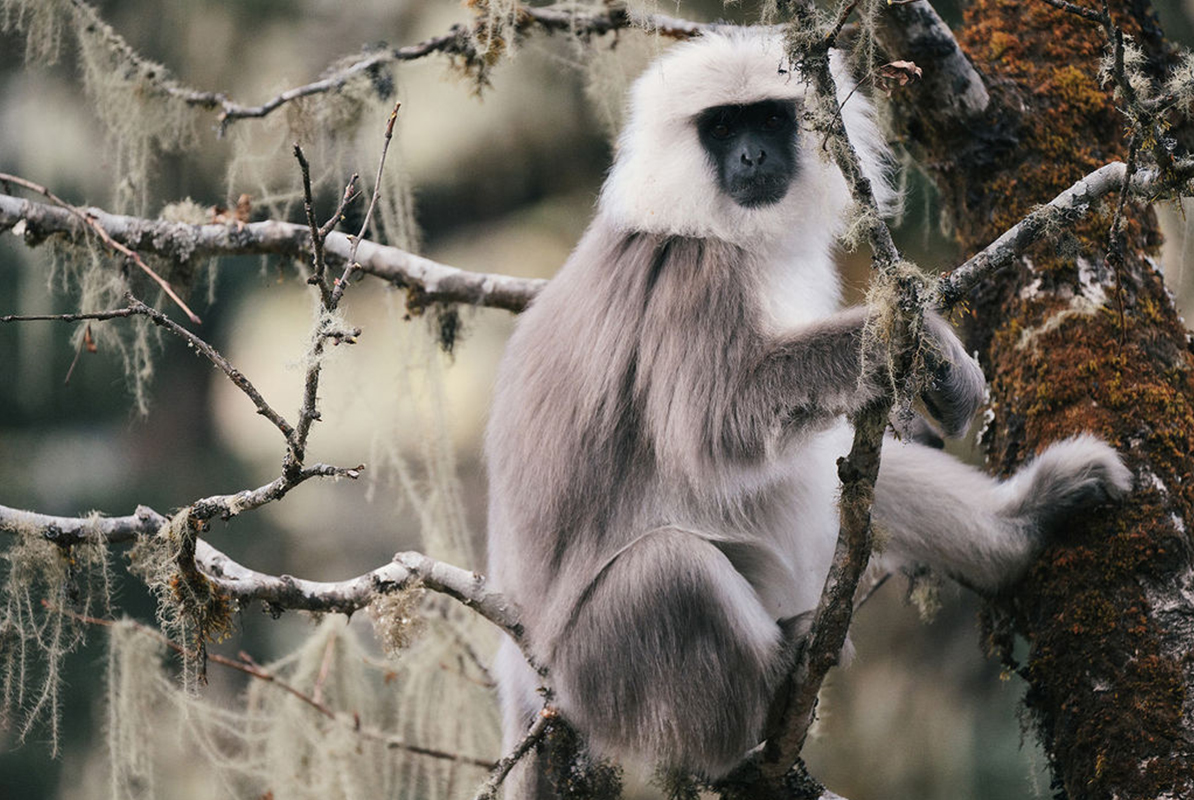
Considered perhaps one of the most exclusive travel destinations in the world, Bhutan inspires a sense of awe, wonder and fascination with its stunning landscapes, ancient belief systems and unique culture and tradition. With more than 70 percent of its area covered by lush green forest, Bhutan is one of the only carbon negative countries in the world.
Surrounded by the mighty himalayas in the north and the thick sub-tropical jungles in the south, Bhutan virtually remained closed from the rest of the world and it wasn’t until the 1960s when it started planned development. It built its first road in the 1960’s. A decade later, the first group of tourists arrived and television was legalised only in the 90s.
Today, while the country has pursued modernisation, it still holds dear to its ancient culture and tradition. Hospitality and a sense of community is deeply ingrained in the Bhutanese mindset and the people of Bhutan are known for being one of the most hospitable in the planet as they will not let you leave without a cup of tea or a sip of the locally brewed ‘ara’ if you show up at their doors.
In the ancient times, the country’s remoteness offered a perfect sanctuary for yogis and mystics from India and Tibet to practice and meditate in its caves and mountains. Buddhism naturally thrived and the country’s rich history chronicles the journeys of some of the most revered buddhist masters from India and Tibet.
One such great master is Guru Padmasambhava, known as the ‘Lotus Born’ who arrived in Bhutan from India in the 8th century and meditated in a cave on a steep cliff in Paro, western Bhutan. Known today as the Tiger’s nest, a monastery has been built on the site and it is considered one of the most sacred buddhist sites across the himalayas and a popular place of attraction for tourists.
The Wangchuck dynasty ruled Bhutan since the crowning of the first king in 1907. In 2008, the fourth King of Bhutan Jigme Singye Wangchuck introduced democracy in the country, much against the people’s will as majority of the people favoured the king’s rule. Gross National Happiness is Bhutan’s guiding development philosophy with its focus on balancing culture, tradition, environmental preservation and economic development.

